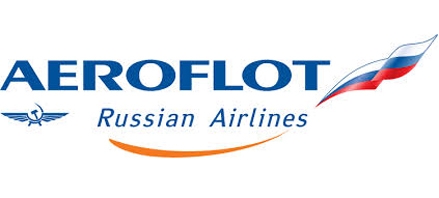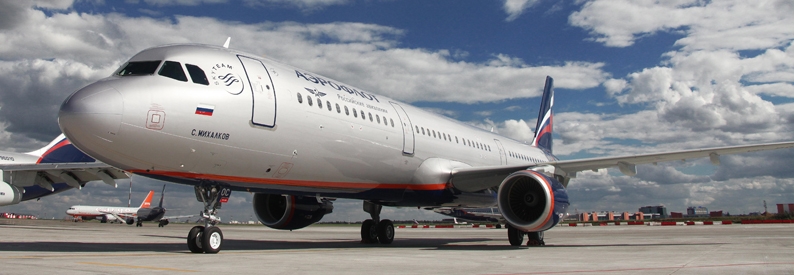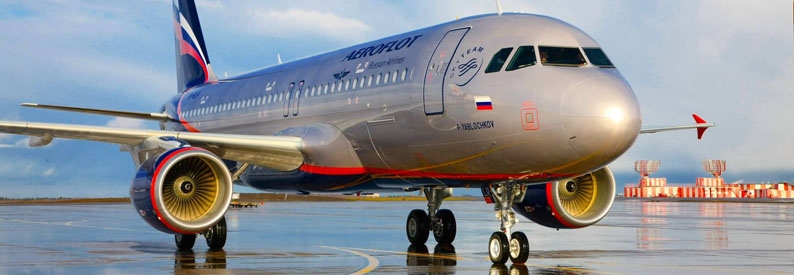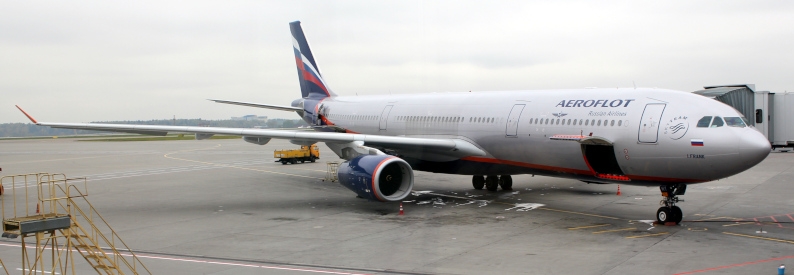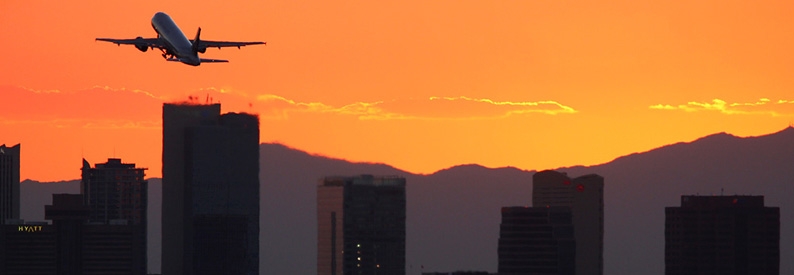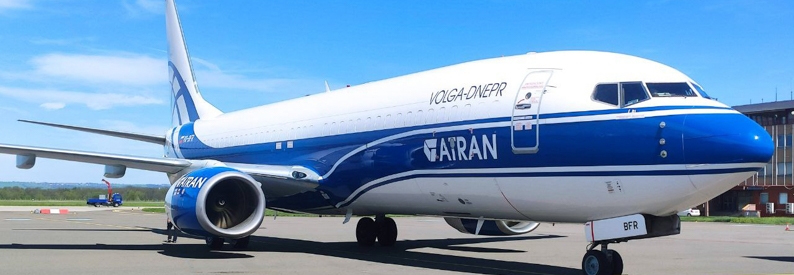Russia's Ministry of Transport is mulling options for the nationalisation of aircraft that Aeroflot Group currently leases from foreign lessors as a way of protecting the flag carrier from the impact of crippling international sanctions, the country's RBC business news has reported.
During an emergency meeting on February 27, Russian airlines were reportedly told that the state could only protect the flag carrier. Privately-owned carriers were requested to negotiate directly with lessors and try to at least stall the repossession of their aircraft until solutions could be found.
Separately, a source at Aeroflot told Russian aviation news website FrequentFlyers.ru that even though the government would be prepared to buy out the airline's leased aircraft, due to the financial sanctions and the freezing of Russian currency reserves abroad, it would probably not be able to finance the deals. As such, the aircraft would effectively be nationalised with no compensation to the owners. Bloomberg news agency has speculated that the risk of write-offs amounting to billions of dollars is increasing.
Under the European Union sanctions imposed after Russia invaded Ukraine, all EU lessors have until March 28 to terminate their existing contracts with Russian airlines and repossess the aircraft.
The Kommersant daily cited a source in the industry as claiming that Aeroflot was not considering the forced nationalisation of its aircraft, realising that such a step would likely lead to direct sanctions on the airline. So far, the flag carrier has not specifically been named in any of the sanctions and is only affected by the general restrictions on Russia's aviation and finance industries.
The airline remains one of the least exposed to the leasing ban as it owns over 50 of the aircraft it operates, as well as six DHC-8-Q400s leased out to Aurora, two B737-800s leased out to Pobeda, and nine A319-100s and two B737-800s leased out to Rossiya, the ch-aviation Commercial Aviation Aircraft Ownership Data module shows. UTair is also relatively insulated as it owns 50 of its 70 aircraft. In contrast, the other large privately-owned carriers S7 Airlines and Ural Airlines, as well as Aeroflot subsidiaries Pobeda and Rossiya, rely entirely on leased aircraft.
Aeroflot said in a stock market filing that it believed it could continue operations as a going concern despite the sanctions, which also prevent the carrier from serving any destinations in Europe, Canada, the United States, or overlying these territories.
"The management of the group believes that the group will retain its ability to continue as a going concern for the foreseeable future, as a significant portion of the company's operations are focused on the domestic passenger air travel market. If this situation persists or continues to develop significantly and adversely, it will have a significant negative impact on the group and the economic environment in which the group operates," the airline said.
In January 2022, 74.2% of all passengers carried by Aeroflot Group were travelling domestically. The holding did not disclose the share of revenues from the domestic market in its annual report for 2021. It added that the long-term impact of the sanctions was currently impossible to evaluate.
Despite the tight timeline for the repossession of aircraft, so far only two aircraft have been confirmed as seized abroad: one Pobeda B737-800 at Istanbul Airport and one Nordwind Airlines B777-300ER at México City International.
On top of the legal and financial ramifications of the sanctions, repossession would also pose a major logistical challenge to lessors as it would affect more than 700 aircraft in a very short timeframe. Due to airspace sanctions, aircraft cannot fly out to Europe or the US while still operated by the Russian lessees. At the same time, once they're repossessed and operated by an EU or US entity, they cannot operate in Russian airspace. There are also questions as to the viability of ferrying lessors' staff to Russia for the necessary inspections.
In another development, Sabre Airline Solutions said it would terminate its distribution agreement with Aeroflot. The American firm will, however, continue to provide the Passenger Service System (PSS) to the Russian airline for the time being. As such, the impact of the decision is relatively small as Aeroflot can continue distributing tickets via other GDSs, including the Russian Sirena-Travel. The ch-aviation Commercial Aviation News, Operator & Airport Data module shows that Aeroflot is the sole customer of Sabre in terms of its IT systems in Russia, although Ural Airlines, S7 Airlines, and Pobeda use systems provided by Spanish-based Amadeus IT Group.
Airbus, Boeing, and Embraer have also confirmed they will no longer supply spare parts to Russia, in line with sanctions imposed on the country by the EU and US. The American manufacturer said it would suspend the operations of its Moscow engineering centre, while Airbus said it was evaluating whether it could continue to provide local services to Russian customers.
Meanwhile, the ban on aircraft sales to Russia could be an opportunity for other carriers. Lufthansa Group CEO Carsten Spohr said that the German holding was already in talks with manufacturers about whether it could take over orders for A350-900s for Aeroflot as well as for B777-200Fs for AirBridgeCargo that would potentially join the fleet of Lufthansa Cargo. Aeroflot has unfilled orders for thirteen A350s and AirBridgeCargo's parent Volga-Dnepr Airlines for six B777 freighters, the ch-aviation Commercial Aviation Aircraft Data module shows.
- Type
- Base
- Aircraft
- Destinations
- Routes
- Daily Flights
